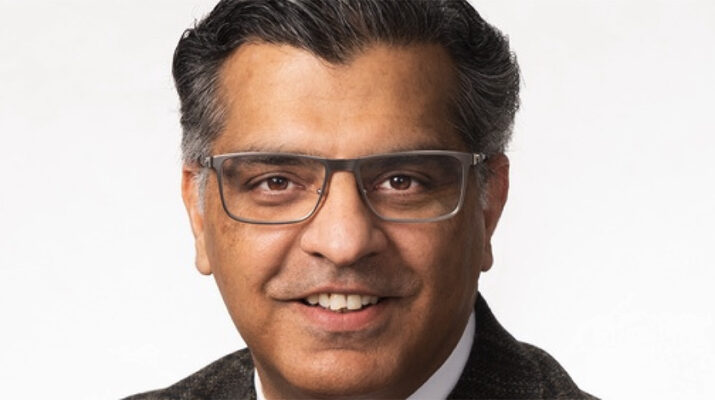Men’s health encompasses everything from physical, mental and social aspects.
Health challenges can include chronic conditions to acute illnesses. Men are also at risk of suffering from heart disease, cancer, diabetes, depression and anxiety.
These risks range from lifestyle choices such as poor diet, stress and lack of exercise to biological and genetic factors.

“Men often face societal pressure to be strong, independent and stoic, which can lead to a reluctance to seek help for mental health issues,” said physician Hemant Kalia, president of the Monroe County Medical Society. “Discussing men’s mental health openly and destigmatizing mental health challenges can encourage men to seek support and resources when needed.”
Kalia, who is also the managing director of Invision Health in Rochester, offers five tips for men’s health.
1. Myths
One of the most overall common myths that patients tell their physician is that they feel healthy so there is no need to see a doctor. However, there is a clear distinction between feeling well and being healthy.
“Many men believe that they only need to seek medical attention when they are visibly unwell. However, routine check-ups and preventive screenings are crucial for early detection and treatment of potential health issues,” said Kalia.
2. Risk factors
Several risk factors increase the chances of developing health problems. Twelve percent of men age 18 and older are in fair or poor health, according to the Centers for Disease Control and Prevention. In addition, more than 50% of men older than 20 have hypertension.
Colon cancer remains one of the most preventable cancers around. Colorectal cancer occurs when there is beyond control growth of abnormal cancerous cells in the colon. The colon is a tube-like structure in the large intestine connecting to the small intestine, which removes water, few nutrients and electrolytes from partially digested food. The American Cancer Society estimated that one in 23 men develops colorectal cancer during their lifetime.
“Men tend to experience higher rates of conditions such as prostate cancer, testicular cancer, cardiovascular diseases, workplace injuries and substance abuse,” Kalia added. “Men have a higher risk of completed suicides and shorter life expectancy compared to women, emphasizing the importance of addressing and promoting awareness of these gender-specific health concerns.”
3. See a physician
All men should have a yearly wellness visit to screen for potential health problems. Bloodwork to check cholesterol levels and screen for diabetes is equally important.
“Men should prioritize yearly check-ups with their primary care physician, which may include screenings for blood pressure, cholesterol, diabetes and colorectal cancer. Additionally, regular self-exams for testicular health should be performed to detect any abnormalities or signs of testicular cancer,” he added.
4. Early detection
Early detection is one of the greatest tools to prevent severe illness and death. By screening regularly, physicians can decrease the extent and severity of heart disease, high blood pressure, diabetes and cancers.
“Early detection is crucial as it leads to better treatment outcomes, increased treatment options, prevention of complications, cost-effectiveness, improved quality of life and peace of mind for individuals. Regular check-ups, screenings and self-examinations play a vital role in identifying health conditions at an early stage,” he said.
Health experts from the U.S. Preventive Services Task Force have made recommendations, based on scientific evidence about various ailments. Talk to your doctor about prostate health, obesity, high cholesterol, high blood pressure, colorectal cancer, diabetes, depression, sexually transmitted diseases and other screenings.
5. Key factors
High blood pressure is a common condition that affects the body’s arteries. It’s also called hypertension. If you have high blood pressure, the force of the blood pushing against the artery walls is consistently too high. The heart has to work harder to pump blood.
“Regular monitoring of blood pressure, cholesterol levels, and cancer screenings can help identify problems before they become more serious,” said Kalia.

